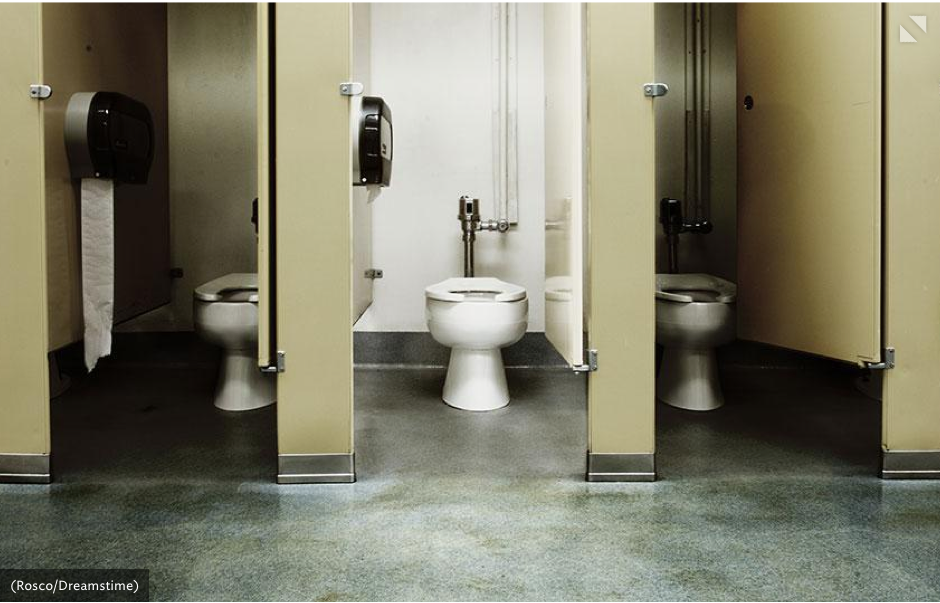Our nation’s centuries-old commitment to free speech and religious liberty was already under threat. But it took men wanting to use women’s bathrooms and vice versa for the Left to truly show its hand, plainly and unequivocally declaring that American legal traditions should be set ablaze.
Yesterday, the U.S. Commission on Civil Rights published a “Statement Condemning Recent State Laws and Pending Proposals Targeting the Lesbian, Gay, Bisexual, and Transgender Community” — a statement motivated by new Mississippi laws protecting religious freedom and by North Carolina’s much-discussed “bathroom law.” The Commission claims that any law requiring men and women to use bathrooms that correspond to their biological sex “jeopardizes not only the dignity, but also the actual physical safety, of transgender people whose appearances may not match societal expectations of the sex specified on their identification documents.”
While this is standard leftist rhetoric — notice it omits any concern for women and girls who will be exposed to male nudity and could be rendered more vulnerable to sexual predators — what follows is perhaps the clearest and most unequivocal statement of radical progressive legal philosophy I’ve ever read. It articulates three principles that, taken together, would render religious liberty permanently subordinate to the interests and demands of LGBT activists:
- Civil rights protections ensuring nondiscrimination, as embodied in the Constitution, laws, and policies, are of preeminent importance in American jurisprudence.
- Religious exemptions to the protections of civil rights based upon classifications such as race, color, national origin, sex, disability status, sexual orientation, and gender identity, when they are permissible, significantly infringe upon these civil rights.
- Overly broad religious exemptions unduly burden nondiscrimination laws and policies. Federal and state courts, lawmakers, and policy-makers at every level must tailor religious exceptions to civil liberties and civil rights protections as narrowly as applicable law requires. The first bullet point is breathtaking in scope, taking the concept of “nondiscrimination” and establishing it as a form of super law, in a “preeminent” jurisprudential position above even the enumerated liberties of the First Amendment.
Source: David French, nationalreview.com
 Listen Online
Listen Online Watch Online
Watch Online Find a Station in Your Area
Find a Station in Your Area









 Listen Now
Listen Now Watch Online
Watch Online
